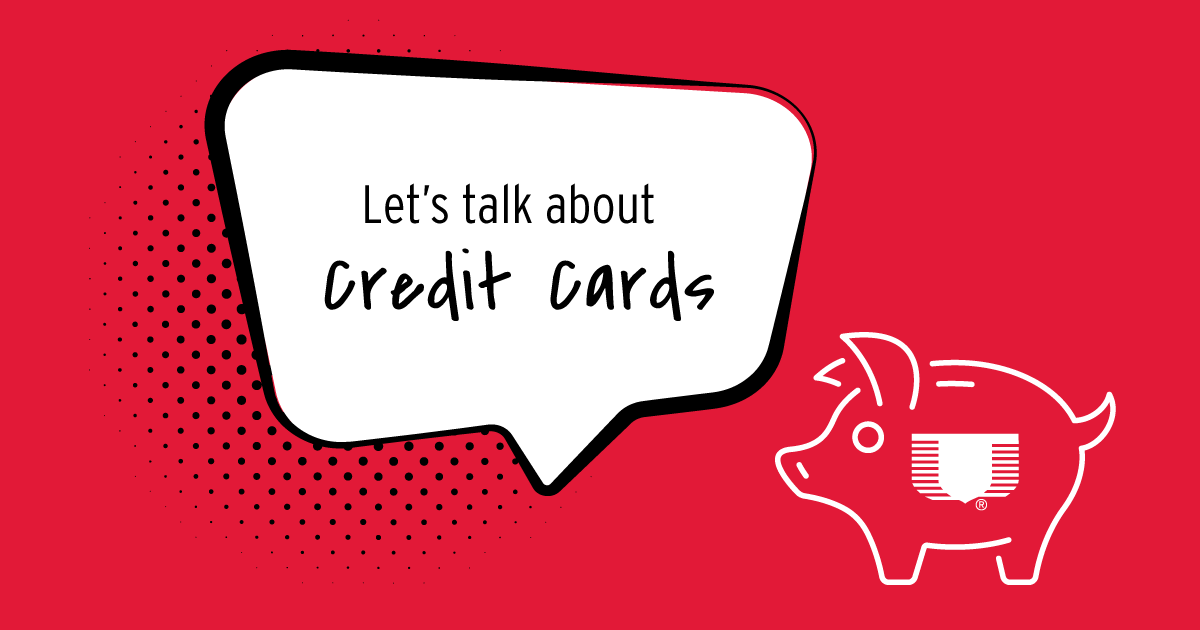 Search
Search WelcomeWelcome Login
WelcomeWelcome LoginFebruary 16, 2023

We want to help you start talking to your family about important financial topics! Read on for conversation starters, key words, talking points, and real world applications about credit cards and borrowing money!
What to Ask:
• Do you think kids should be allowed to have credit cards? Who should be allowed to have a credit card?
• In what situations is it a good idea to borrow money? In what situations is it a bad idea to borrow money?
• When you want to borrow something from someone, how do you show people that you are trustworthy?
When to Ask:
• When shopping for clothing or electronics
• After making a large purchase like a car or a home appliance that you may need credit for
• When lending an item to a friend, family member, or neighbor
| Key Terms Credit - The ability to borrow money and pay it back later. Credit Card - A plastic card that can be used to obtain credit (such as to purchase goods and services). Interest - Money that a bank or other financial institution pays you for keeping money on deposit with them, or the amount of money you pay a bank as a fee when you borrow money. Annual Percentage Rate (APR) - The cost of borrowing money on a yearly basis, expressed as a percentage rate. |
What is debt?
Debt is something owed, usually measured in dollars. Once you use credit, you go into debt. For example, using a credit card on a $50 purchase means that you owe (are in debt for) $50 to the credit card company. Once that loan is paid off, you are no longer in debt. In general, the longer you take to repay a debt, the more you will pay in interest.
In what instances should you use credit?
Credit might be useful for you when you do not have money available to cover an emergency expense. Additionally, using a credit card and paying it off in full and within the appropriate time can help you build credit. You do not want to use a credit card if you cannot at least pay the minimum payment by the date it is due. Not paying a debt when it is due hurts your credit and can prevent you from borrowing at a good interest rate in the future.
Talking Terms: Open and review a credit card agreement together. What are the terms and conditions? Are the terms and conditions agreeable? What are your responsibilities if you open a credit card with this credit card company?
Advertising Awareness: Encourage your child to take notice of the advertisements for credit cards through nonverbal (signs at stores, advertisements on buses) and verbal advertisements (cashiers asking whether you want to sign up for a store credit card). Discuss the prevalence of credit card advertising and why lenders advertise credit cards.
Want to learn more? Check out our Student Financial Learning Center to explore engaging modules build for learners in the 7th-12th grades!